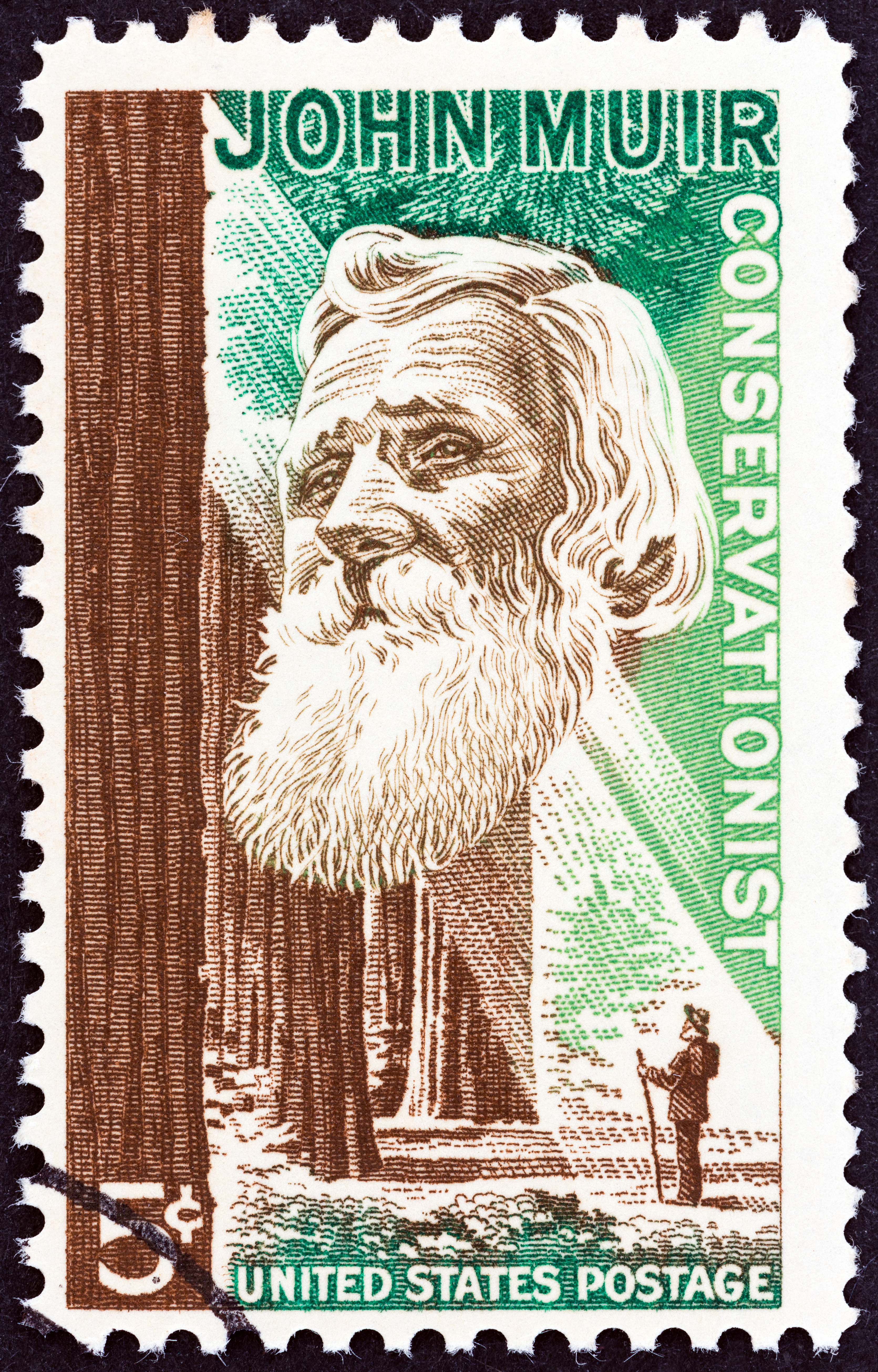Liberal, progressive — and racist? The Sierra Club faces its white-supremacist history.
By Darryl Fears and Steven Mufson,
The Washington Post
| 07. 22. 2020
No one is more important to the history of environmental conservation than John Muir — the “wilderness prophet,” “patron saint of the American wilderness” and “father of the national parks” who founded the nation’s oldest conservation organization, the Sierra Club. But on Wednesday, citing the current racial reckoning, the group announced it will end its blind reverence to a figure who was also racist.
As Confederate statues fall across the country, Sierra Club Executive Director Michael Brune said in an early morning post on the group’s website, “it’s time to take down some of our own monuments, starting with some truth-telling about the Sierra Club’s early history.” Muir, who fought to preserve Yosemite Valley and Sequoia National Forest, once referred to African Americans as lazy “Sambos,” a racist pejorative that many black people consider to be as offensive as the n-word.
While recounting a legendary walk from the Midwest to the Gulf of Mexico, Muir described Native Americans he encountered as “dirty.”
Muir’s friendships in the early 1900s were equally troubling, the Sierra Club said. Henry Fairfield Osborn, a close...
Related Articles
By Kiana Jackson and Shannon Stubblefield, New Disabled South | 02.09.2026
"MC0_8230" via Wikimedia Commons licensed under CC by 2.0
This report documents a deliberate assault on disabled people in the United States. Not an accident. Not a series of bureaucratic missteps. An assault that has been coordinated across agencies...
By Scott Solomon, The MIT Press Reader | 02.12.2026
Chris Mason is a man in a hurry.
“Sometimes walking from the subway to the lab takes too long, so I’ll start running,” he told me over breakfast at a bistro near his home in Brooklyn on a crisp...
By Jonathan D. Moreno, Hastings Center Bioethics Forum | 02.09.2026
When I began to write a book about bioethics and the rules-based international order, the idea that the world was facing the greatest geopolitical change since World War II was uncontroversial for those who were paying attention to such esoterica...
By Katrina Miller, The New York TImes | 02.05.2026
Joseph Yracheta: The Native Biodata Consortium is the first nonprofit data and sample repository within the geographic bounds and legal jurisdiction of an American Indian nation, on the Cheyenne River Sioux Reservation in Eagle Butte, S.D.
NativeBio participated in a ...




